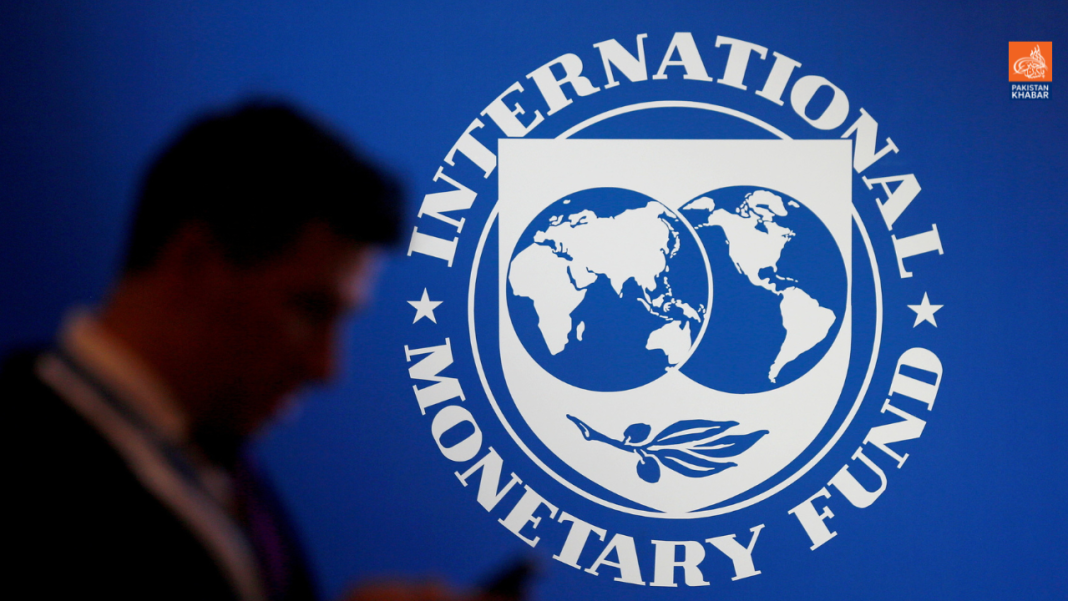Pakistan has proposed a new plan to the International Monetary Fund (IMF) aimed at reducing electricity prices by Rs6 per unit. The plan involves injecting Rs2.8 trillion into the energy sector, but faces challenges due to its reliance on risky funding sources and lack of immediate IMF approval.
Under the plan, Rs1.4 trillion would come from the four provincial governments, including Khyber-Pakhtunkhwa (K-P). However, the K-P government has refused to contribute. Discussions between the federal government and the IMF over the weekend did not yield results, and the IMF has requested further details.
The plan includes reducing electricity prices by Rs5.80 per unit through various measures, such as altering terms with local and government-owned power producers, shutting down inefficient plants, and addressing Rs2.7 trillion in debt. Despite these efforts, there is no consensus among the provinces and the federal government.
To finance the plan, the government aims to secure Rs1.4 trillion from provincial shares and the rest from cuts to the Public Sector Development Programme (PSDP), commercial loans, budgeted subsidies, and dividends from state-owned entities.
The K-P government is working on its own energy projects and has expressed dissatisfaction with the central government’s handling of the power sector. The plan also includes measures to reduce the return on equity for public power plants, alter contracts with independent power producers, and settle circular debt.
The IMF has raised concerns about the poorly drafted plan and its reliance on negotiations with local power producers and provincial governments. Discussions with the IMF are ongoing, but immediate approval of the plan seems unlikely. Pakistan is also seeking a $7 billion bailout package, but board approval has been delayed due to unresolved financing issues.




